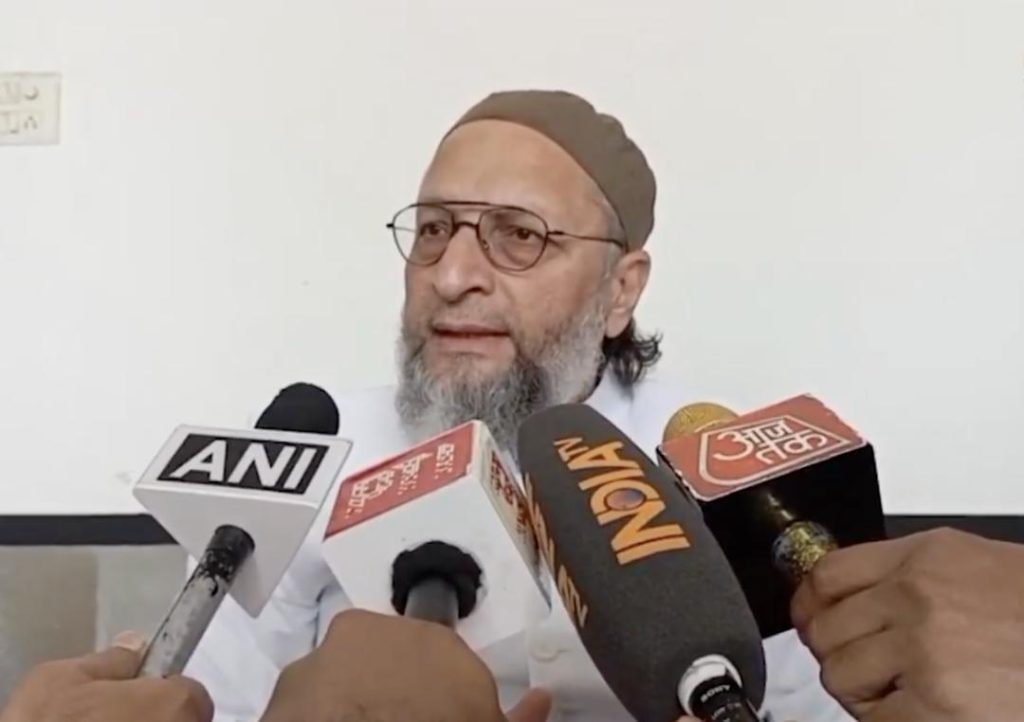
Arrest 4-5 Ministers & Govt is Gone: Owaisi on PM-CM Removal Bills
All India Majlis-e-Ittehadul Muslimeen (AIMIM) chief Asaduddin Owaisi has sparked a controversy by stating that if four to five ministers are arrested, the government would collapse. His remarks come in the wake of the Constitution (130th) Amendment Bill, which provides for the removal of Prime Ministers, Chief Ministers, and ministers arrested for at least 30 days.
Owaisi’s statement has been met with criticism from various quarters, with many interpreting his remarks as a threat to the government. However, the AIMIM leader has clarified that his intention was to highlight the potential abuse of power that the proposed bill could lead to.
The Constitution (130th) Amendment Bill, also known as the PM-CM removal bill, seeks to enable the President of India to remove the Prime Minister, Chief Ministers, and ministers from office if they are arrested for at least 30 days. The bill was introduced in the Lok Sabha in August and has been pending since then.
Owaisi, while speaking to the media, questioned the necessity of the bill and expressed concerns about the potential misuse of power by the President. “Just arrest four-five ministers, and government is gone,” he said, emphasizing the vulnerability of the government to arbitrary action.
He also questioned the constitutional validity of the bill, pointing out that it would allow the President to remove the Prime Minister without any checks and balances. “This proposed bill is saying that the President can remove the Prime Minister. What is this?” he asked, voicing his concerns about the erosion of democratic institutions.
The AIMIM leader’s remarks have been met with criticism from the ruling BJP and other opposition parties, who have accused him of trying to destabilize the government. However, Owaisi has maintained that his intention is to highlight the dangers of unchecked power and to ensure that the government is accountable to the people.
The controversy surrounding the PM-CM removal bill has sparked a heated debate about the balance between power and accountability in a democratic setup. While some argue that the bill is necessary to prevent the abuse of power, others are concerned about the potential consequences of giving the President sweeping powers.
The bill has also raised questions about the role of the Prime Minister and the Chief Minister in a parliamentary democracy. If the President has the power to remove them from office, what is the role of the legislature and the judiciary in holding them accountable?
The controversy surrounding the PM-CM removal bill highlights the need for a nuanced discussion about the balance between power and accountability in a democratic setup. While it is essential to prevent the abuse of power, it is equally important to ensure that the government remains accountable to the people.
As the debate continues, it is clear that the proposed bill has significant implications for the functioning of the government and the balance of power in the country. Whether the bill is passed or not, the controversy surrounding it has set off a chain reaction of events that will have far-reaching consequences for the country.






